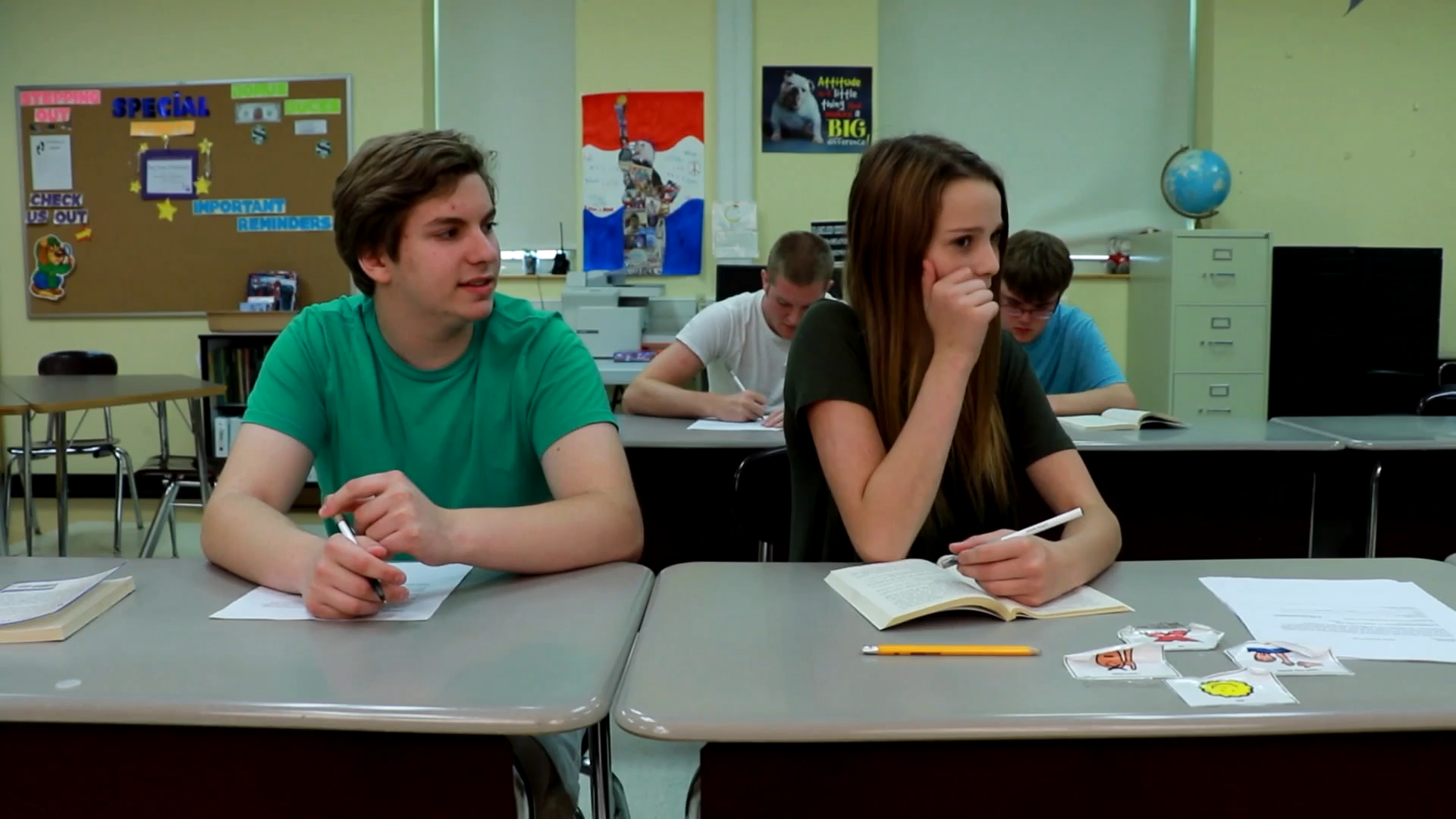
Introduction
Oral hygiene plays a crucial role in our daily lives, affecting the way we interact with others. For students in special education, it is essential to understand the importance of maintaining clean teeth and fresh breath. By teaching students about proper oral care, educators can help them build positive social interactions and foster healthy habits for life. In this blog post, we will discuss an easy no-prep activity for teaching oral hygiene, provide discussion questions to stimulate further conversation, and explore related skills that can benefit students.
No-Prep Activity
This activity, called “Detective Nose,” requires no preparation or materials from the educator. The goal is to help students understand the importance of oral hygiene in social interactions and practice identifying different smells. Here’s how it works:
- Ask the students to sit in a circle.
- Explain that they will be playing a game called “Detective Nose,” where they will take turns being the detective and guessing different smells.
- Choose one student to be the detective and ask them to close their eyes.
- While the detective’s eyes are closed, select another student to hold an object with a distinct smell (e.g., a mint, a piece of fruit, or a scented marker) under their nose.
- Once the object is in place, ask the detective to open their eyes and try to identify the smell without looking.
- After the detective has made a guess, reveal the object and discuss the importance of good-smelling breath in social interactions.
- Repeat the process with different students as the detective and various objects with distinct smells.
This activity helps students understand the impact of bad breath on social situations and the importance of maintaining good oral hygiene.
Discussion Questions
Use these questions to spark further discussions about oral hygiene and its role in social interactions:
- Why is it important to have clean teeth and fresh breath when interacting with others?
- What are some ways we can maintain good oral hygiene? (e.g., brushing teeth, using mouthwash, flossing)
- How can bad breath affect our relationships with others?
- What are some situations where having good-smelling breath is especially important?
- How can we remind ourselves to practice good oral hygiene every day?
Related Skills
Teaching students about oral hygiene can also help them develop other important skills for their social and emotional well-being. Some related skills include:
- Self-awareness: Understanding how our actions, such as maintaining good oral hygiene, affect our relationships with others.
- Self-management: Developing habits and routines to maintain good oral hygiene, such as brushing teeth and using mouthwash.
- Social awareness: Recognizing the impact of bad breath on others and adjusting our behavior accordingly.
- Relationship skills: Building positive relationships with peers by practicing good hygiene and being considerate of others’ feelings.
Next Steps
Now that you understand the importance of oral hygiene in social interactions and have an easy no-prep activity to teach students, it’s time to take the next step in your special education journey. To access free samples of this skill and others, sign up at Everyday Speech’s sample materials. By incorporating these resources into your lesson plans, you can help your students develop the skills they need to thrive in their daily lives.

